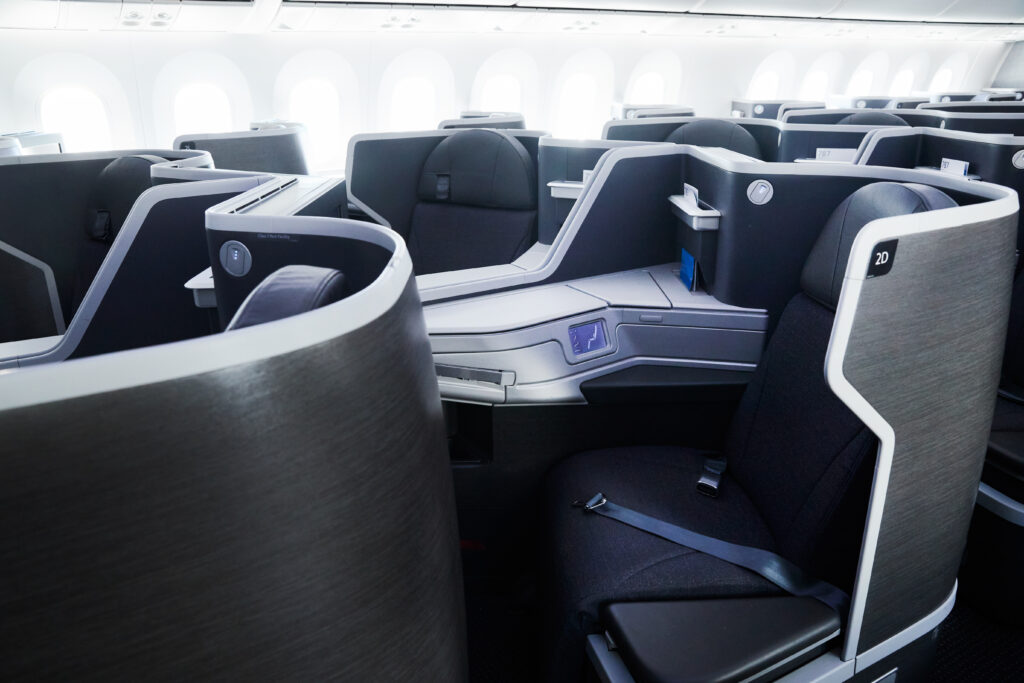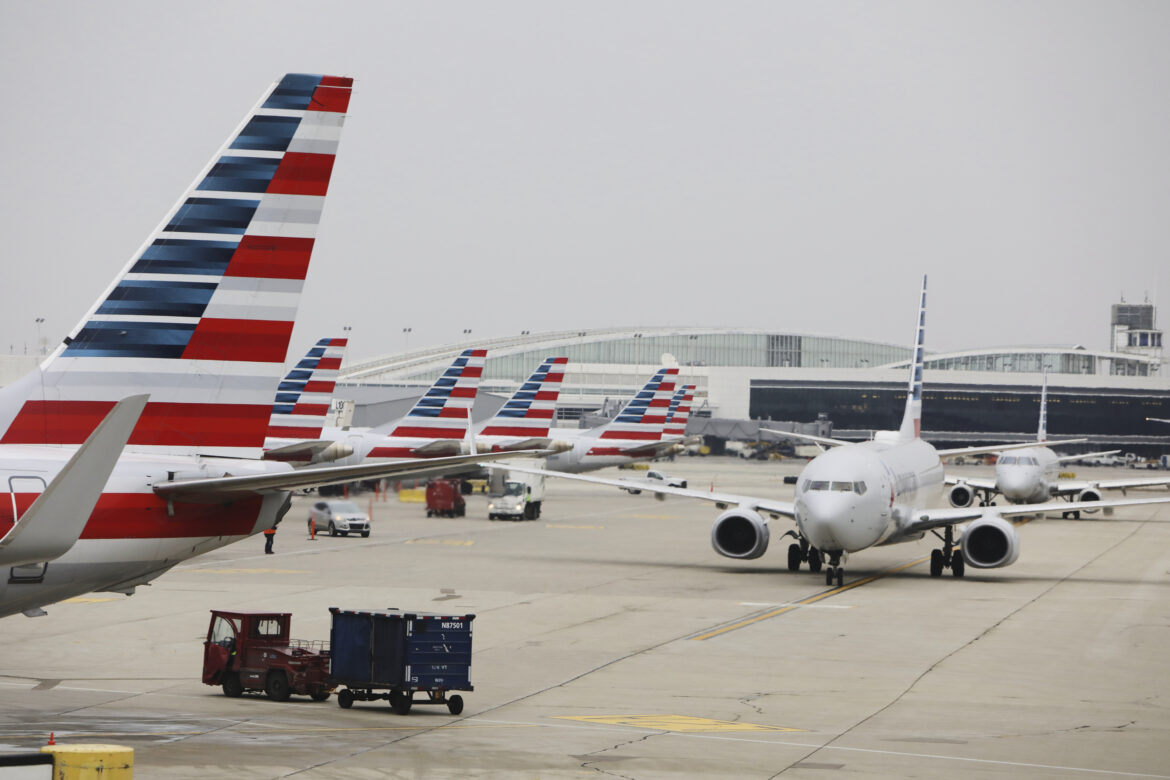Advertiser & Editorial Disclosure: The Bulkhead Seat earns an affiliate commission for anyone approved through the links below. This compensation may impact how and where links appear on this site. We work to provide the best publicly available offers to our readers. We frequently update them, but this site does not include all available offers. Opinions, reviews, analyses & recommendations are the author’s alone, and have not been reviewed, endorsed, or approved by any of these entities.
American Airlines recently updated its policy around when flight attendants are able to remove passengers from an aircraft. This new policy makes it more difficult for flight attendants to remove passengers that are not a safety concern and seems like a reasonable check for the almost unlimited power that some wielded.
In my opinion, flight attendants don’t have the easiest job. While the pilots are locked behind the cockpit door, flight attendants need to stay in the cabin with the passengers regardless of how good or bad they are acting. During Covid-19, I saw so many instances of flight attendants being berated while trying to get people to keep their masks on or passengers that were intoxicated and acting out. These flight attendants acted appropriately and had some passengers removed.
I’ve also seen flight attendants that were having a bad day or felt that they just had the power to remove a passenger and some even seemed to be looking for a reason. Power trips, while infrequent, do happen and as a passenger you will be exiting once it’s deemed that you are getting off of a plane (with the captain’s approval).
The United States Department of Transportation (DOT) specifies the following:
Once a passenger has been accepted for boarding or has already boarded the flight, airlines are not permitted to require that passenger deplane, unless the removal of the passenger is required by safety, security, or health reasons, or the removal is due to the passenger’s unlawful behavior.”

American Airlines made some recent changes to its in-flight manual for flight attendants. A memo that’s circulating and was posted by View from the Wing details some of the adjustments. These include:
- Any non-safety related issues should be brought up by passengers and not flight attendants.
- If a passenger brings up an issue with another passenger, the goal is to resolve it and not remove passengers from the aircraft.
- Two flight attendants must engage with the passenger that raised the issue.
This seems like a reasonable change and I like that it takes two flight attendants to discuss what happened before making a rash decision. It’s not often that the ability to kick a passenger off of an aircraft was exercised, but it was at times done over nothing more than a power trip.
Anthony’s Take: This policy makes sense and hopefully other carriers will adopt similar changes. Incidents happen every day for myriad reasons, but passengers should never be removed from an aircraft over a flight attendant just having a bad day.
(Image Credits: American Airlines.)
User Generated Content Disclosure: The Bulkhead Seat encourages constructive discussions, comments, and questions. Responses are not provided by or commissioned by any bank advertisers. These responses have not been reviewed, approved, or endorsed by the bank advertiser. It is not the responsibility of the bank advertiser to respond to comments.
Advertiser & Editorial Disclosure: The Bulkhead Seat earns an affiliate commission for anyone approved through the links above This compensation may impact how and where links appear on this site. We work to provide the best publicly available offers to our readers. We frequently update them, but this site does not include all available offers. Opinions, reviews, analyses & recommendations are the author’s alone, and have not been reviewed, endorsed, or approved by any of these entities.
